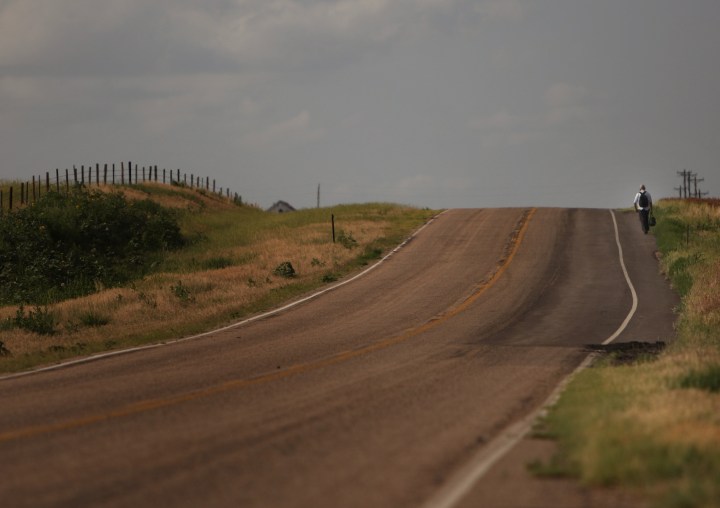
Lack of paid sick days takes a toll on rural Americans’ health
Lack of paid sick days takes a toll on rural Americans’ health

People who live in rural areas are less likely to have paid sick days — or paid family and medical leave — than people who live in or near cities.
According to a report from the think tank New America, not one of the more than 30 states where at least 20% of the population lives in rural areas has a paid family and medical leave law. And only two — Vermont and New Mexico — have laws that require paid sick days.
If you live in a rural area, you might be an hour or two (or more) from your nearest hospital or doctor.
“Rural communities are much, much further from the hospital-based health services like obstetrics care, NICU care, cancer screening and treatment,” said Vicki Shabo, authored New America’s report.
That means people in rural areas often need to take more time off work to get care. “And yet, people in rural jobs tend not to have access to paid sick time, or to paid time off that they can use for serious family and medical needs,” she said.
There are a couple of reasons for that, according to Shabo.
“We know that in rural communities, the types of jobs that are there — things like retail, and service, and manufacturing, and agriculture — these are jobs that don’t tend to offer paid leave benefits.”
And, she said, states that are more rural are less likely to have laws mandating paid sick time or family and medical leave.
That has real consequences for people’s health, said Eileen Appelbaum at the Center for Economic and Policy Research.
“Nobody is driving four hours to see a doctor about something they think might go away,” she said.
Especially if it means losing a day’s pay or more. And so, Appelbaum said, “many of these folks are just in much poorer health than people who live in urban areas where access to health care is much easier.”
For people who do get sick and need to take time off — or who have to care for a child or a sick family member — there are real economic consequences, too.
“The impacts are having to leave the workforce, in the most drastic example, or to have health care issues impact their ability to work, to grow within their careers,” said Jason Resendez at the National Alliance for Caregiving.
More than 50 million people in the country are caring for a family member, he said, and that doesn’t include parents who stay home with their kids. Many caregivers work, too.
“Rural caregivers typically work an average of 34 hours a week while providing care, and they’re more likely to report negative financial impacts due to caregiving, such as taking on debt, leaving bills unpaid or borrowing money from friends and family,” Resendez said.
Paid sick days and family and medical leave, he adds, would help alleviate some of those challenges.
There’s a lot happening in the world. Through it all, Marketplace is here for you.
You rely on Marketplace to break down the world’s events and tell you how it affects you in a fact-based, approachable way. We rely on your financial support to keep making that possible.
Your donation today powers the independent journalism that you rely on. For just $5/month, you can help sustain Marketplace so we can keep reporting on the things that matter to you.











